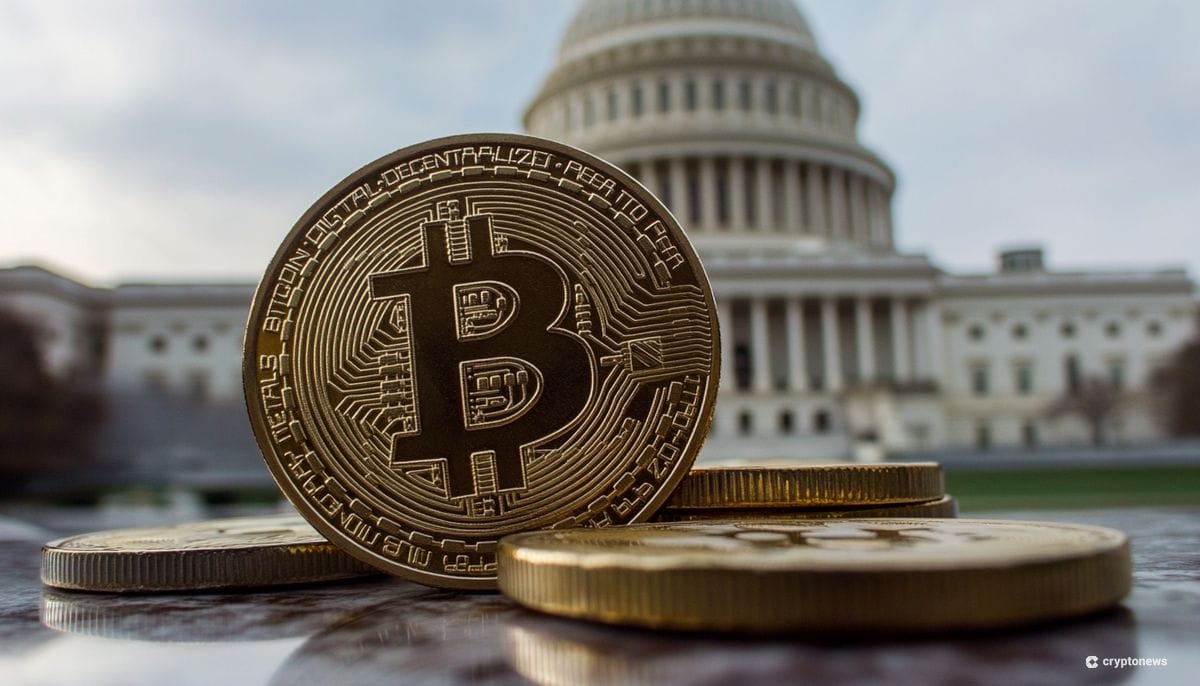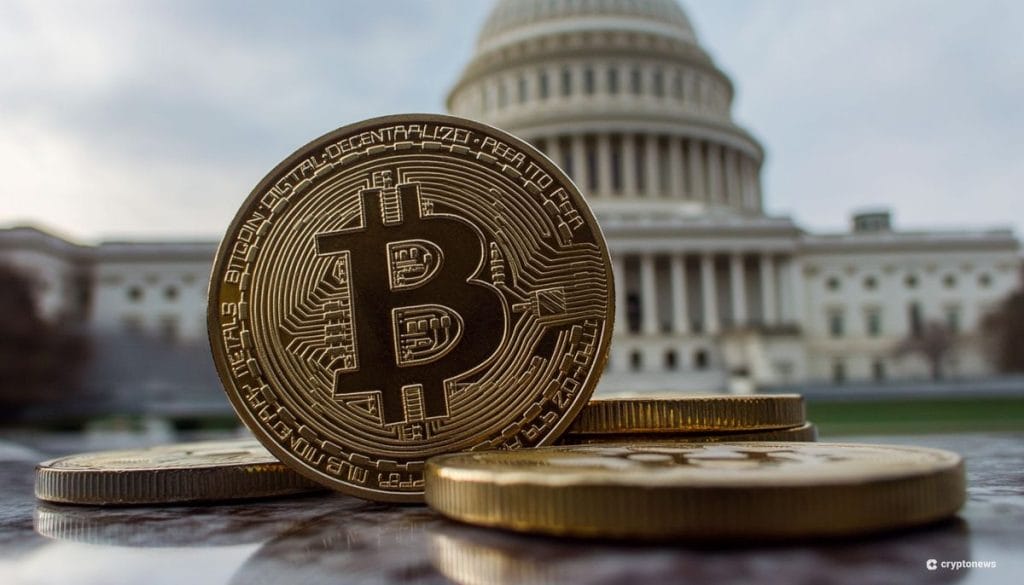Last updated:
 Why Trust Cryptonews
Why Trust Cryptonews

Numerous political candidates are embracing cryptocurrency donations to bolster their campaigns.
Donald Trump became the first presidential nominee to accept crypto donations, launching a dedicated fundraising platform in May of this year that enables contributions via Coinbase Commerce.
Future Forward, a Democratic Party-aligned super PAC based in Palo Alto, California, also welcomes crypto donations through Coinbase Commerce, as confirmed by a Coinbase spokesperson.
Republican Senate candidate John Deaton, challenging incumbent Elizabeth Warren, has also voiced his acceptance of crypto donations.
Claire Hardwick, Deaton’s Communications Director, told Cryponews that “the Deaton campaign welcomes support from the cryptocurrency community.”
Additionally, U.S. Senator Ted Cruz stated in a recent interview on the Web3 Deep Dive podcast that his campaign accepts Bitcoin (BTC) donations.
Why Political Candidates Accept Crypto Donations
As the 2024 United States Presidential Election inches closer, it’s become clear that crypto donations are one of the most popular trends this election year.
While this is revolutionary, it’s important to understand why political crypto donations are now gaining traction.
Dennis Porter, Co-founder and CEO of the Satoshi Action Fund—a non-profit focused on educating policymakers about cryptocurrency—revealed to Cryptonews his history of assisting political candidates in accepting Bitcoin donations via the Lightning Network.
“I was the person who helped former presidential candidates Robert F. Kennedy Jr. and Vivek Ramaswamy accept Bitcoin for their campaigns, as well as several other congressional candidates,” Porter stated.
He began aiding politicians in navigating Bitcoin donations in 2020 and finds the sheer volume of politicians embracing crypto this year noteworthy.
“This definitely sends a positive signal,” Porter affirmed. “This also encourages support from the crypto community. I think it bodes well for elected officials and their finance teams as well.”
Benefits and Challenges of Embracing Digital Currency
Kara Calvert, Coinbase Vice President for US Policy, emphasized to Cryptonews that crypto represents the future of money due to its speed and cost-effectiveness.
Calvert emphasized that this election season’s crypto focus underscores the sheer volume of Americans who lack adequate access to traditional financial services.
Lee Bratcher, President of The Texas Blockchain Council, further explained to Cryptonews the potential advantages for individuals donating with crypto.
“While political donations are not tax-deductible, in some cases, donations with crypto are not considered a taxable event,” Bratcher clarified. “This potentially reduces capital gains taxes if the donated crypto had appreciated in value.”
Despite the potential benefits, Porter acknowledged that candidates accepting Bitcoin donations often receive modest amounts.
“Candidates who accept BTC may anticipate substantial crypto donations, but this is generally not the case, as most individuals prefer to donate dollars and retain their Bitcoin,” he observed.
Porter, however, remains optimistic that as Bitcoin stabilizes and supporting infrastructure develops, politicians will witness a more tangible impact.
“There’s still a need for products that motivate candidates to actively pursue donations in BTC, allowing them to borrow against Bitcoin instead of selling it,” Porter suggested.
He further proposed integrating incentives for Bitcoin donations, such as exclusive access or event tickets.
Crypto’s Growing Influence in the Political Arena
Beyond individual contributions, the influence of cryptocurrency extends to corporate political donations.
Cryptocurrency companies are now responsible for nearly half of all corporate funding directed towards this year’s election.
A recent report from Public Citizen, a non-profit watchdog organization, revealed that approximately $119 million has been raised from a diverse pool of contributors.
The report highlights that Coinbase and Ripple account for over 80% of these donations.
A major portion of this funding flows towards super PACs supporting pro-crypto candidates. Fairshake, a leading bipartisan super PAC backed by prominent crypto companies, exemplifies this trend and ranks among the top-spending PACs this year.
As political campaigns increasingly embrace cryptocurrency, it signals broader acceptance and the likelihood of clearer regulations in the near future. This combination could drive further adoption of digital currencies, both within politics and beyond.

















